If you are searching about Gerber recalls baby food over possible contamination – SheKnows you've came to the right page. We have 35 Pictures about Gerber recalls baby food over possible contamination – SheKnows like Stage 2 baby food: When is a child ready to try a bit more texture?, Baby Food Stages on Labels—What Do They Mean? and also Baby Food Stages on Labels—What Do They Mean?. Here it is:
Gerber Recalls Baby Food Over Possible Contamination – SheKnows
 www.sheknows.com
www.sheknows.com baby food fed solids starting know mead johnson being alter microbiome practices modern stage tips need before benckiser reckitt oliver
Babies First Feeding With Gerber Cereal - YouTube
 www.youtube.com
www.youtube.com gerber feeding
List Of Foods For Babies Starting On Solids - EMediHealth | Baby Food
 www.pinterest.co.uk
www.pinterest.co.uk solids should top10homeremedies perdre constipation manger matin constipated
Finally A Baby Food Guide To End The When To Start Solids Debate.
 www.pinterest.com
www.pinterest.com solids
Gerber 1st Food Solids Starter Kit Baby Meals - 8oz/4pk Each : Target
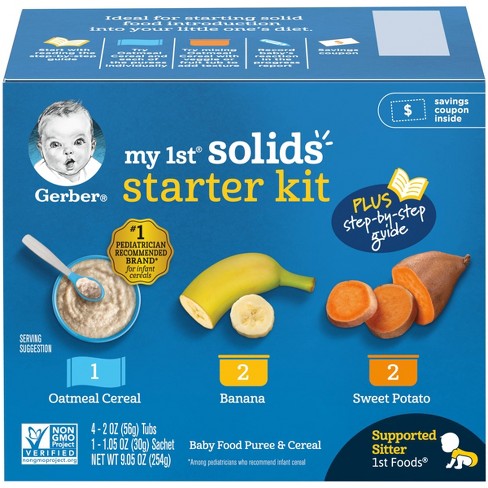 www.target.com
www.target.com gerber solids starter 8oz 4pk
4month Old Baby Eating Gerber - YouTube
 www.youtube.com
www.youtube.com baby old
48+ Ideas Baby Food 6 Months Introducing Solids For 2020 | Baby Food
 www.pinterest.com
www.pinterest.com solids
Gerber Baby Food: Just 39¢ | Moola Saving Mom
 moolasavingmom.com
moolasavingmom.com gerber
1981 Gerber Strained Foods W/ Baby Eating
 www.tias.com
www.tias.com 1981 Gerber Peaches Baby Food W/ Baby Bobby Eating
 www.tias.com
www.tias.com baby 1981 gerber eating food peaches bobby
FREE Gerber Baby Food At Homeland & Country Mart! - Consumer Queen
 consumerqueen.com
consumerqueen.com baby food gerber country homeland mart consumerqueen saving matchups deals money store buffer yummly reddit print twitter
Gerber: Why It’s Not So Good (or Safe) For Your Baby – The Green Divas
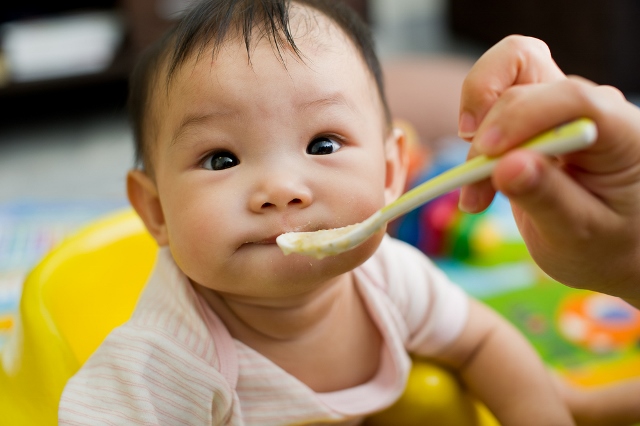 thegreendivas.com
thegreendivas.com gerber baby cereal rice ready safe good so feeding why fortified claims babies eating solid iron start need re they
Gerber Baby Food Ingredients | LIVESTRONG.COM
 www.livestrong.com
www.livestrong.com gerber
What's My Brand Again?
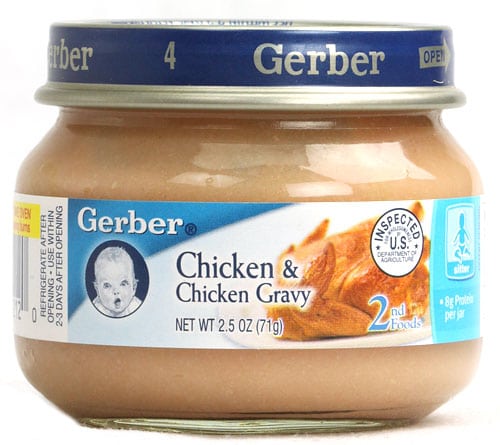 colemaninsights.com
colemaninsights.com brand again baby food gerber mind comes say when
Only $1.14 (Regular $2.29) Gerber Baby Food 2 Pack @ Rite Aid - Deal
 dealhuntingbabe.com
dealhuntingbabe.com baby food gerber rite aid regular pack only need
Gerber Baby Food Money Maker At Rite Aid | Loudoun County Limbo
 loudouncountylimbo.blogspot.com
loudouncountylimbo.blogspot.com Babies First Attempt At Eating Gerber Cereal - YouTube
 www.youtube.com
www.youtube.com Eating Gerber :) - YouTube
 www.youtube.com
www.youtube.com Stage 2 Baby Food: When Is A Child Ready To Try A Bit More Texture?
 www.care.com
www.care.com age solids weaning studypk puree safely expose thicker
At What Age Do Babies Stop Eating Pureed Food - Food Poin
 foodpoin.blogspot.com
foodpoin.blogspot.com pureed
Top 48 Reviews And Complaints About Gerber Baby Food
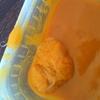 www.consumeraffairs.com
www.consumeraffairs.com When Can Babies Eat Gerber? | Mom Life
 www.workingmother.com
www.workingmother.com gerber babies eat when istock gettyimages baby mom
Gerber Baby Food: Are There Pesticides In Gerber Baby Food?
 foodrevolution.org
foodrevolution.org baby gerber food pesticides
Gerber (baby Food) On Behance
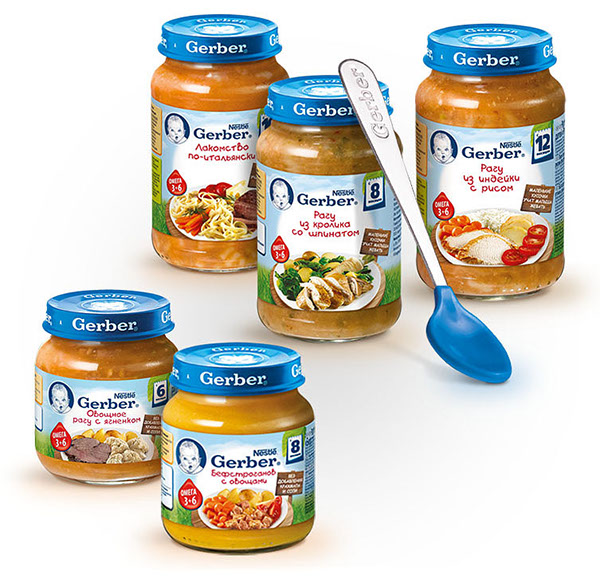 behance.net
behance.net gerber
Court Upholds $3M Judgment Against Gerber Products Co. - Hamodia
gerber baby food ap africa upholds judgment 3m court brand hamodia busted blunders against label proper lack advertisement examples research
Gerber: Why It’s Not So Good (or Safe) For Your Baby – The Green Divas
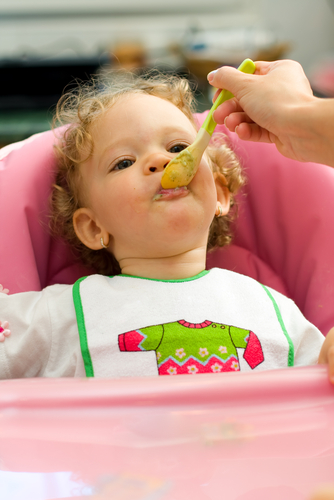 thegreendivas.com
thegreendivas.com gerber baby
How Long Is Gerber Baby Food Good For Unopened - Food Poin
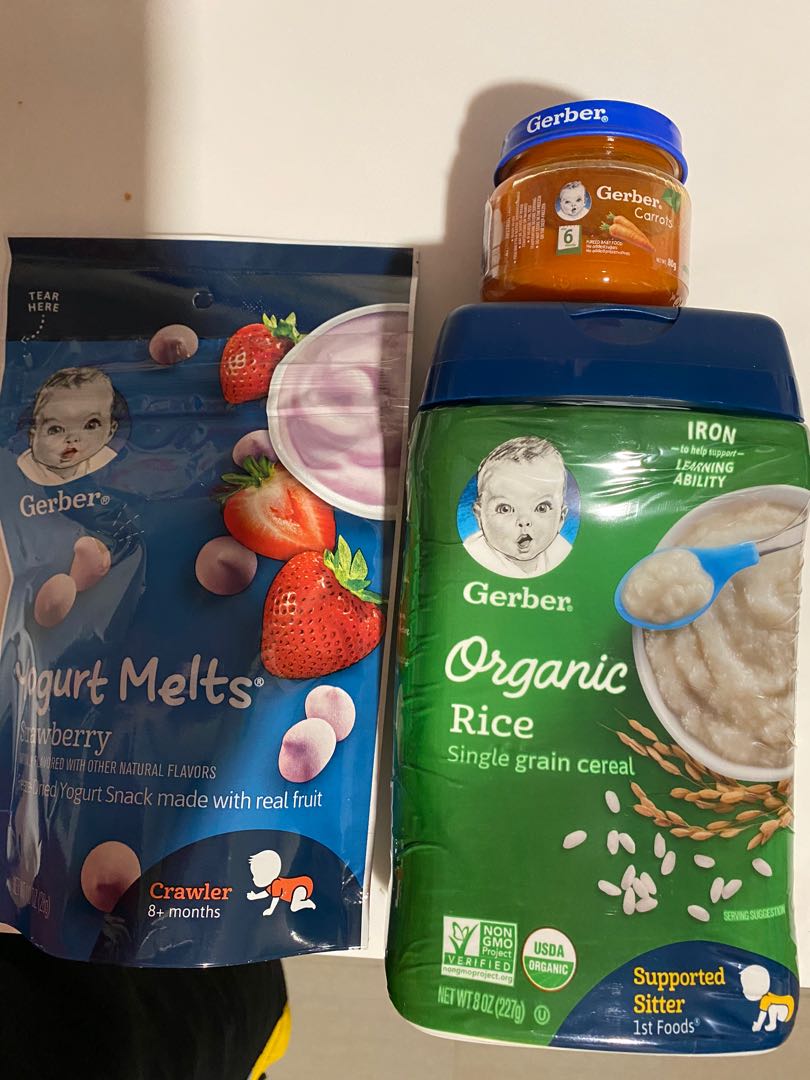 foodpoin.blogspot.com
foodpoin.blogspot.com gerber carousell nursing
Introduce Your Baby To New Flavors! With Gerber’s 2nd Foods® Recipes
 www.pinterest.com
www.pinterest.com gerber foods baby flavors recipes
Gerber Baby Food: Are There Pesticides In Gerber Baby Food?
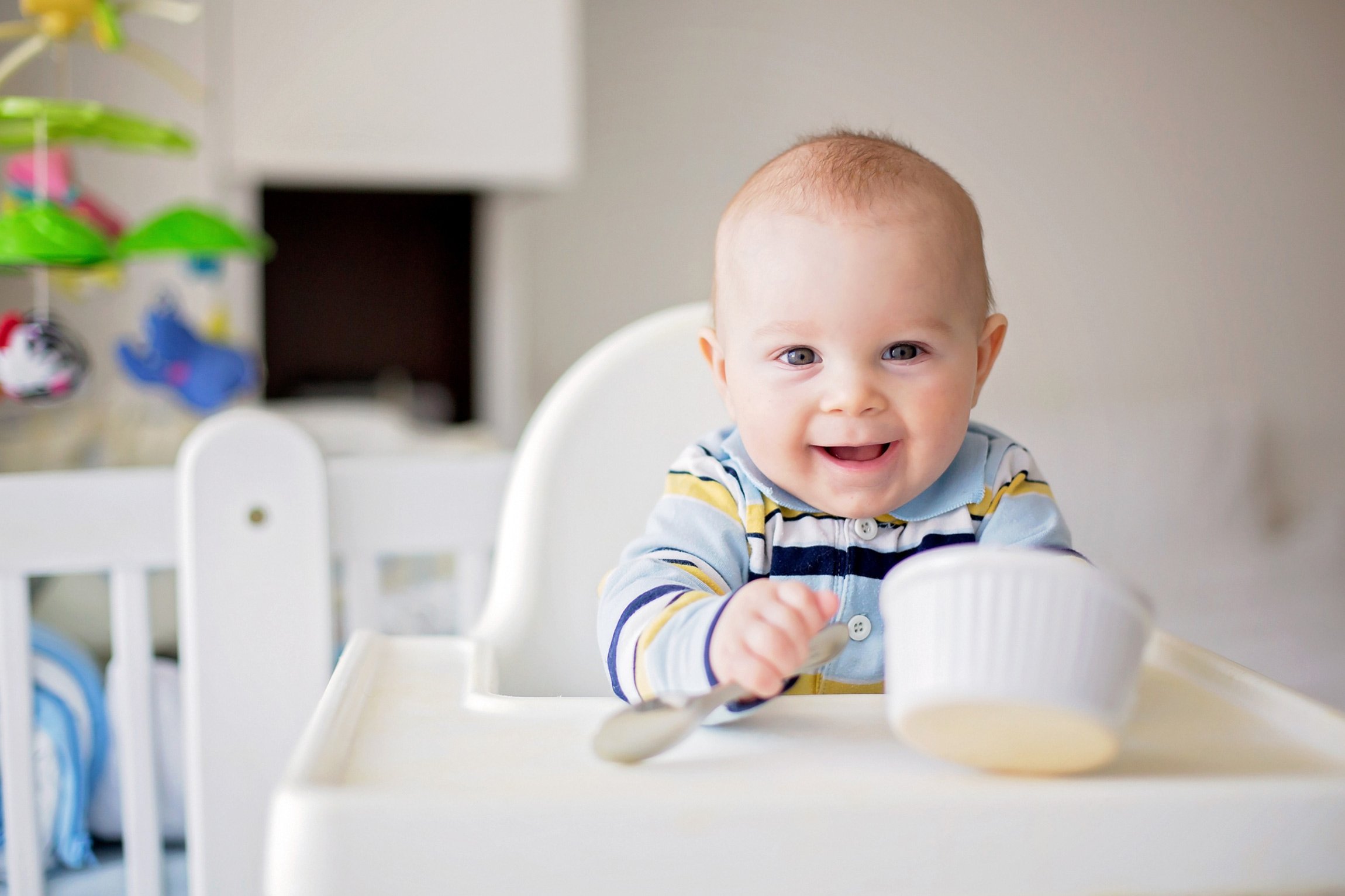 foodrevolution.org
foodrevolution.org baby food gerber pesticides eating happened
At What Age Do Babies Start Eating Solid Food - Baby Viewer
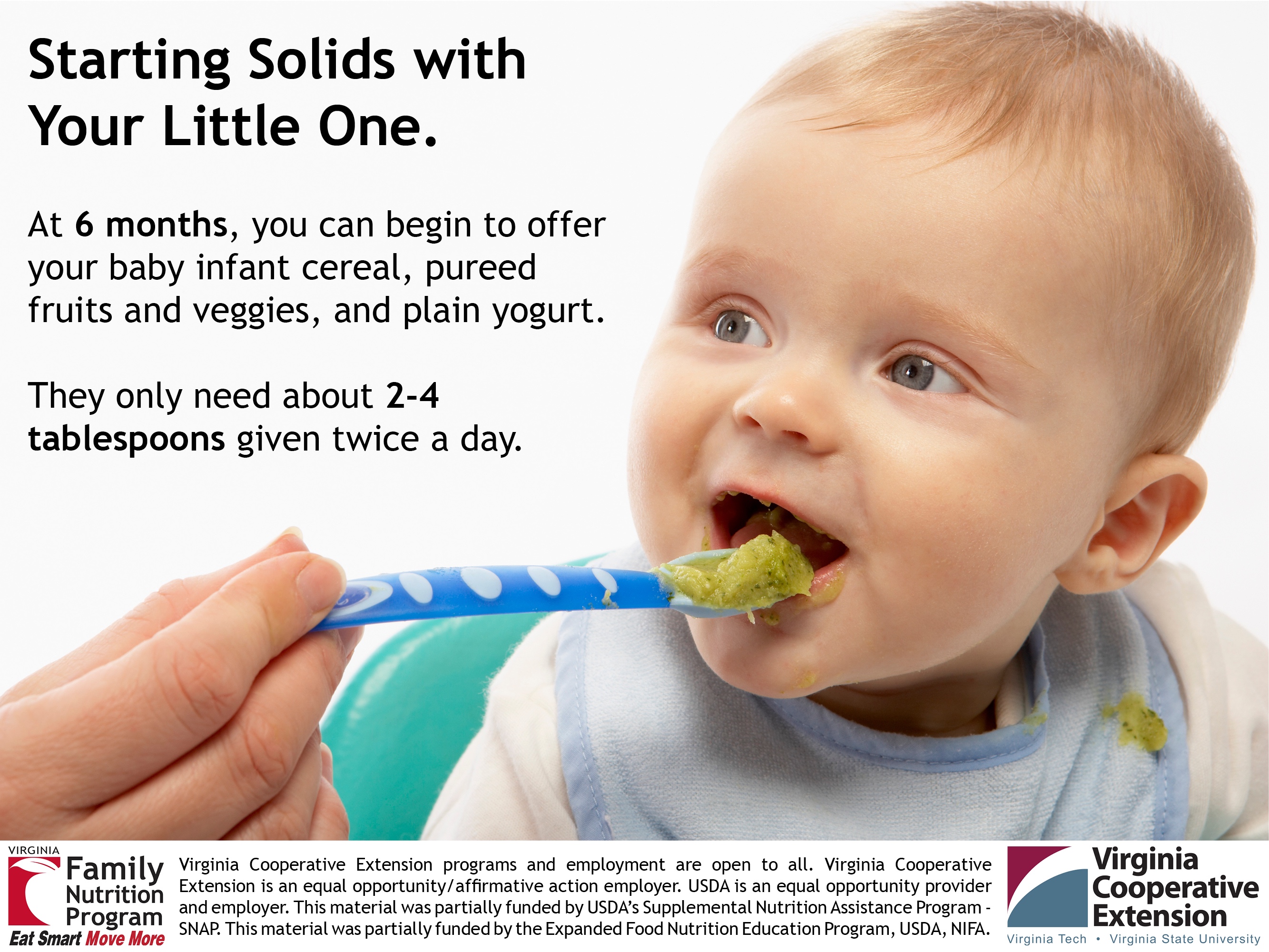 babyviewer.blogspot.com
babyviewer.blogspot.com solids babies move virginia
Gerber Baby | This Is Some Aged/green Processed Look Added T… | Flickr
 flickr.com
flickr.com gerber
Baby Food Stages On Labels—What Do They Mean?
:max_bytes(150000):strip_icc()/baby-food-stages-and-steps-2634465_FINAL-5bcdfce246e0fb0051b36812.png) www.verywellfamily.com
www.verywellfamily.com introducing eat puree solids verywellfamily pureed healthy verywell pediatrics
Can I Start Feeding My 4 Month Old Baby Food - Food Poin
 foodpoin.blogspot.com
foodpoin.blogspot.com solid solids stage blw bounty momtastic wholesomebabyfood
Gerber Baby Food: Are There Pesticides In Gerber Baby Food?
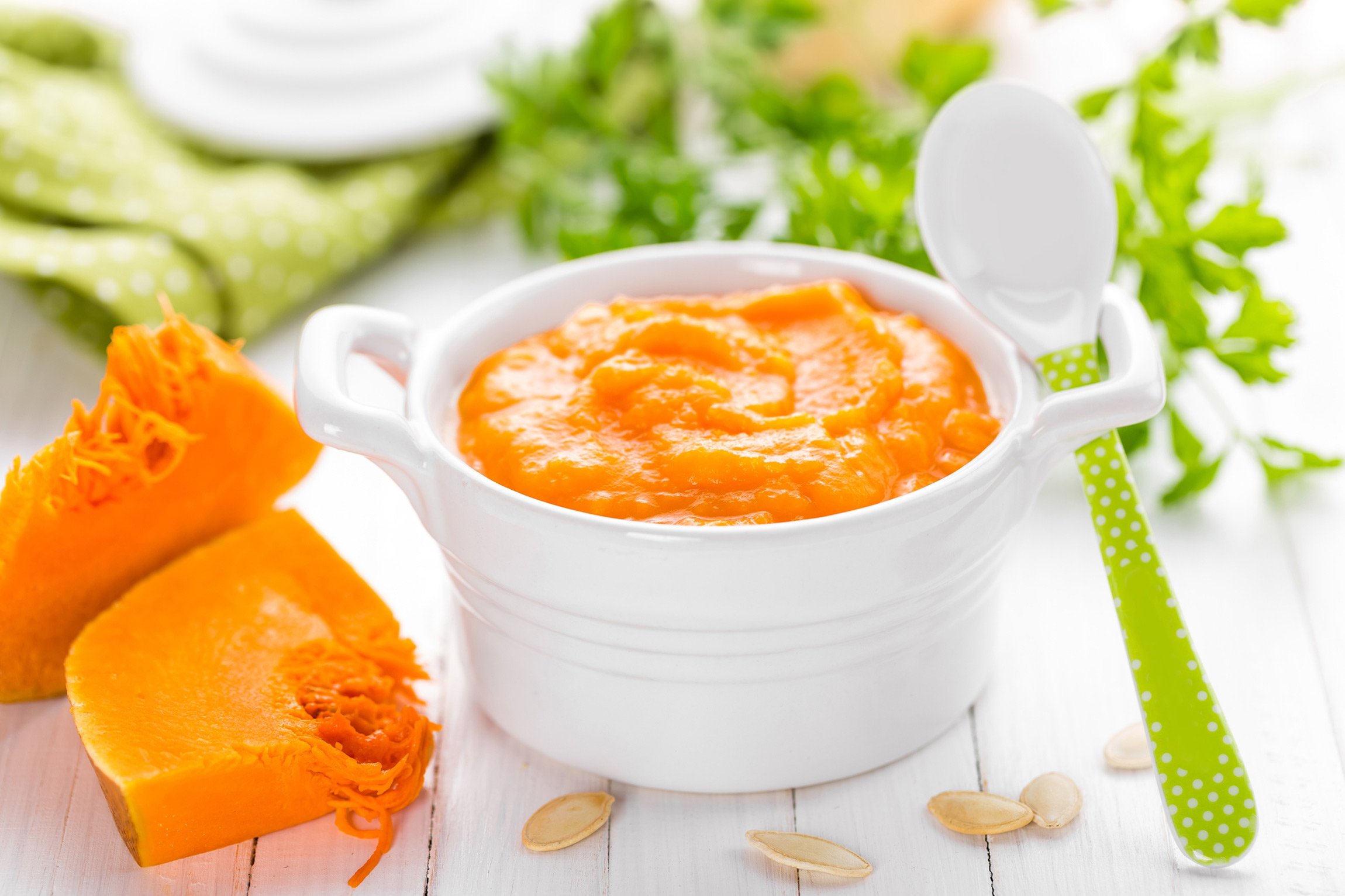 foodrevolution.org
foodrevolution.org baby food add herbs fruit spice foods gerber soup nutrition vegetable purees easy first bowl changing recipes
Why Choose Gerber® Baby Food? - Gerber® Organic Food
 gerberorganicfood.com
gerberorganicfood.com gerber
Free gerber baby food at homeland & country mart!. Baby food gerber rite aid regular pack only need. Gerber baby food ingredients


Posting Komentar